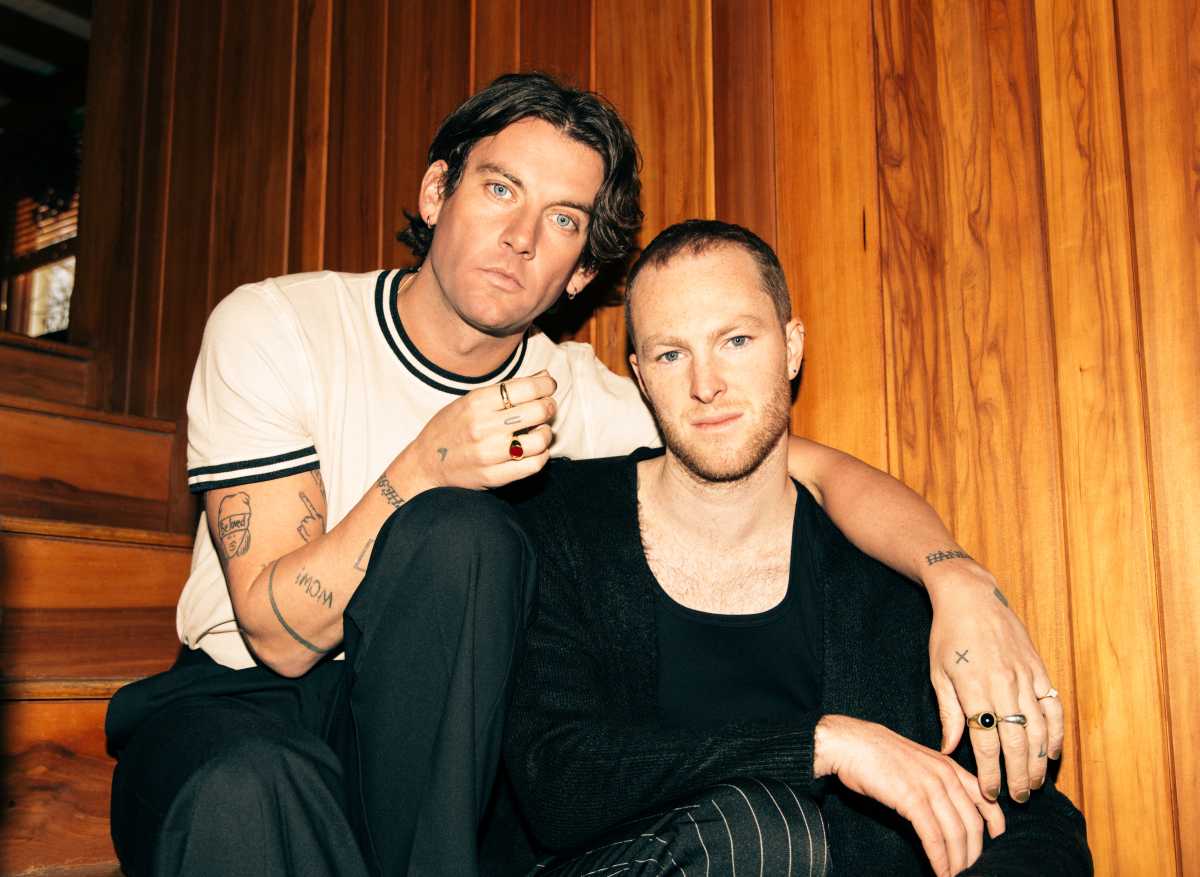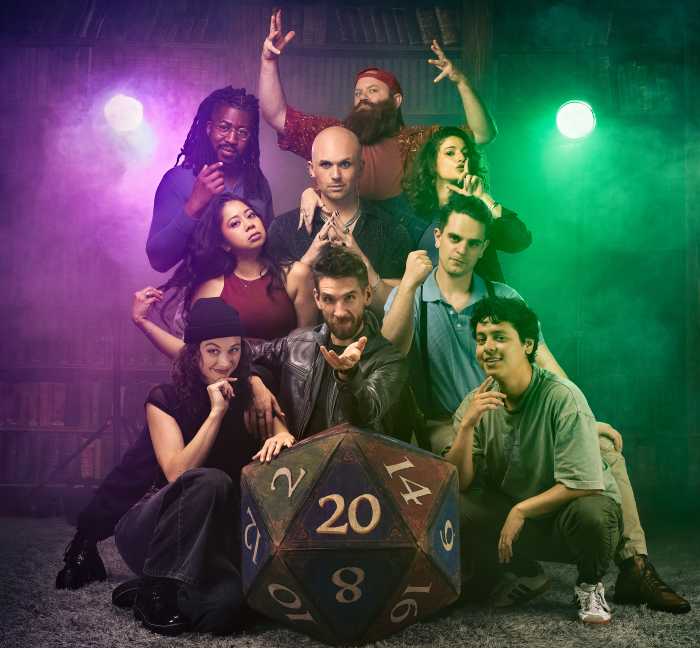Over their decade-plus on the music scene, Judah Akers and Brian Macdonald of Judah & the Lion are no strangers to the City of Brotherly Love, having played many shows at various venues across Philadelphia. This Saturday, Oct. 19, the band will return to The Fillmore as they continue their tour across the country, featuring their latest album, ‘The Process,’ which was released during Mental Health Awareness Month back in May, and delves into grief and loss, exploring Akers’ personal grief, including family loss and divorce, and navigating the five stages of grief.
Ahead of their show, Metro Philadelphia spoke with Macdonald about the band’s return to Philadelphia, the experience that was creating this album alongside Akers, and the importance of exploring ones own mental health.
How excited are you to return to Philly to share this new album?
We’re so stoked on many levels. One personal note: my brother-in-law recently moved to Philly, so it’s becoming somewhat of a hometown. I’ll be spending Christmas there this year. And, yeah, for the band, our first show in Philly was at World Cafe Live, and we were, like, standing on the tables, and I think from then on, all the shows really have been exciting and just a good time. So it’s going to be amazing to be back… it’ll be awesome to play this new album for our Philly fans.
This is a project that is very near and dear to your bandmate, Judah. What was it like for you to support him and uplift him in this creative musical experience?
I think, as a human, sometimes you’re the one going through the grief, and sometimes you’re the friend who’s on the outside, but empathizing with your friend or family member who’s dealing with something, and there’s a big element of grief that I had to go through too, with being so close to Judah, a lot of stuff that’s talked about in the record affected a lot of people’s lives as divorce does, but, yeah, it was a humbling experience and an honor to be able to walk through that with him.
When it came to writing and recording the record, it was a hard record to make because, obviously, Judah is sharing a lot of really personal stuff. For me to come in and be a part of the songwriting, giving critiques, but also and trying to push the thing forward, but also being really empathetic to where he was at, emotionally through that process too, and trying to balance that, but obviously still end up with the finished album that both of us are happy with. That was a really good challenge to have and a growth experience for us as friends at the very base level of it all. Our relationship definitely grew from that.
‘The Process’ — where did the inspiration for that name come from this album?
‘The Process’ is referring to the process of grief. There are different ways that that’s been broken down in psychology, but we chose one that includes five stages. So there’s denial, anger, bargaining, depression, and then acceptance. And we had the idea to structure an album that way, probably three years ago, which was a little bit before Judah was experiencing what he was in his personal life, but we kind of knew like this was kind of a good idea and something that we’ve had in the back of our minds.
Can you speak to the importance of discussing mental health matters?
Making this album has been an experience of learning that within ourselves, being able to express more with each other and not bottle things up. And I think for us, we have so many people that come up to us at our shows and tell us amazing stories of a certain song or a certain topic. And this album is proving to be no different. We put out an album about the process of grief, and we’re vulnerable in that, in a lot of the lyrics, and what we’ve gotten in response is a lot of really vulnerable stories, people connecting with that.
I think that’s the big picture version of what happens on a small level, which is when you share something and open up about yourself, then you typically get a lot of empathy, and you get that in return from the people around you, especially friends and family. I know through this process, there were times that I had no clue what Jude was going through in his personal life. And as the friend, sometimes you got to be the bad guy a little bit and get in there and really ask what’s going on, but it’s just hard to know what people around you are going through.
So I think what we try to do at the shows is just hopefully create an environment that welcomes those types of conversations. And, you know, we love having fun. We love, you know, the party element dancing that happens at our shows. But also trying to add that, that element of, you know, there’s this is also a space for people to feel like they can just be themselves around a diverse group of people.
What are you hoping that people take away from their experience at your upcoming show?
Above all, we want people to have fun, be themselves, just a high energy night with everybody. But underlying that, if there are people coming to the show who are experiencing any kind of grief. We just hope that the music allows them to go a little bit deeper into that process for themselves and hopefully be able to share some of those feelings with people who are close to them.
It’s always incredible to think that our music is speaking to people. Know stories of when somebody’s lost a loved one or gone through a hard breakup, and there are our songs are speaking to what they’re feeling at that time. It just never gets old to see that.
For tickets and more information, visit judahandthelion.com




























